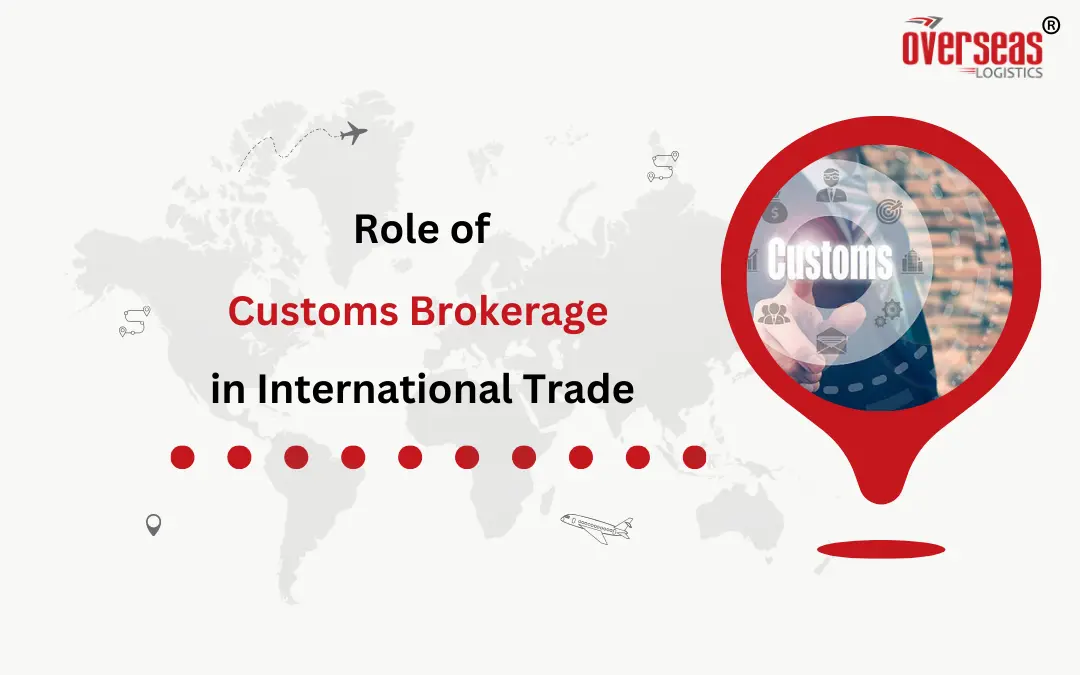In an era where global trade exceeds $24.9 trillion annually, businesses must navigate complex international borders with precision. The movement of goods across these borders is intricately tied to fluctuating laws and agreements, demanding adept guidance for successful transactions.
Understanding Customs Brokerage
Customs brokerage serves as a crucial conduit in international trade, ensuring the seamless flow of goods amidst regulatory complexities. These specialists are pivotal in guiding shipments through customs clearance, offering clarity and expertise in a labyrinth of regulations.
Decoding Customs Brokerage
Customs brokerage, in essence, is the key to unlocking international trade barriers. It empowers businesses to expand their reach globally while adhering to intricate customs regulations. Through meticulous attention to detail and legal acumen, customs brokers pave the way for smooth operations.
Unraveling the Functions of Customs Brokerage
Let’s delve into the intricacies of customs brokerage by exploring its practical applications and operational procedures.
Expert Guidance & Regulatory Compliance
Customs brokers provide invaluable counsel on navigating customs regulations, ensuring compliance, and mitigating risks. Their strategic planning enables businesses to chart a course through the ever-changing landscape of international trade laws.
Document Preparation & Scrutiny
At the core of customs clearance lies meticulous documentation. Customs brokers meticulously prepare and review all necessary paperwork, minimizing the risk of delays due to inaccuracies or omissions.
Duty Calculation & Payment Facilitation
Accurate duty calculation is paramount in international trade. Customs brokers leverage their expertise to calculate taxes and facilitate timely payments, ensuring smooth clearance of goods.
Electronic Filing & Liaison Role
Modern customs brokerage relies on electronic filing systems for seamless communication with authorities. Customs brokers leverage technology to expedite clearance processes and provide real-time updates to clients.
Choosing the Right Customs Broker
Selecting the right customs broker is a critical decision for businesses engaged in international trade. Considerations include assessing expertise, reputation, service scope, pricing transparency, and contract flexibility.
Maximizing the Benefits of Customs Brokerage
Engaging a customs broker offers numerous advantages, including navigating complex regulations, optimizing costs, and mitigating risks. By entrusting customs clearance to experts, businesses can ensure efficient and hassle-free international trade operations.
Conclusion
In the competitive landscape of global trade, the role of customs brokerage cannot be overstated. By partnering with experienced customs brokers, businesses can confidently navigate the complexities of international borders, ensuring the smooth flow of goods and maintaining a competitive edge in the global marketplace.

